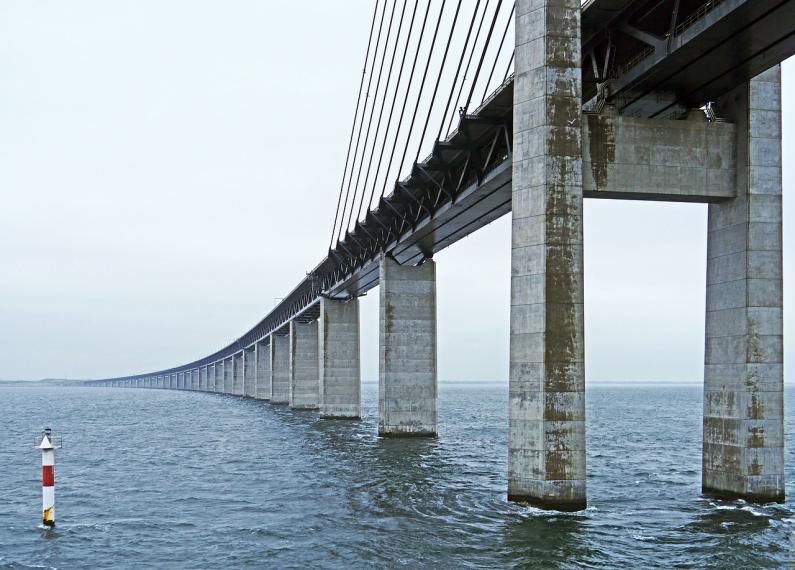
Denmark has been one of the most prominent Scandinavian nations and an important part of the European Union since 1973. With an area of around 43,000 square kilometres and a population of almost six million, it is situated to the north of Germany. On the other side, Sweden and Norway share their north-eastern and northern borders across the North Sea. Despite its small size and population, Denmark has played an important role in European history since the Iron Age.
Largest industries in Denmark
The country occupies a prominent position in the world economy. It has a diverse economy, which is a mixture of agriculture, services, and industry. With the service sector contributing more than 60% of the gross domestic product, Denmark's economy is mainly based on human resources. Industry contributes 75% of the country's gross domestic product.
The following is a list of the largest sectors that help make Denmark a strong player in the world’s economy:
- Agriculture
- Energy
- Tourism
- Transport
Agriculture
More than 60% of the total area of Denmark is used for agricultural purposes. This makes it possible to produce twice as much food as the total national food requirements. Denmark produces a variety of food for both domestic use and export, including vegetables, seeds, grass, milk, meat, and organic products. The industry is an important one for Denmark because it accounts for more than twenty percent of its total goods exports.
Energy
The diverse Danish energy sector plays an important role in the country's economy. It is estimated that coal power covers about 21% of the country's total energy needs. Denmark is also one of the 32 countries that exports crude oil and statistics indicate that crude oil accounts for approximately 33% of Danish energy demand. At the same time, 18% of energy supply comes from natural gas. The remaining 27% of energy demand is covered by renewable sources including biomass, solar energy, wind power, nuclear power, and geothermal energy. An effective energy policy has also helped Denmark to reduce the country's energy consumption significantly.
Tourism
Denmark's tourism industry contributes around 125 billion dollars in turnover to the country's economy. Its rich history, natural beauty, sandy beaches, and countless tourist attractions lure millions of visitors every year. The country is a top travel destination for visitors not only from neighbouring Germany, the UK, the Netherlands, Sweden, and Norway, but from all over the world as well.
Transport
Denmark has made major investments in the transport sector. It has developed a modern transport network of motorways and railways. It has three major airports, Copenhagen Airport, Billund Airport, and Aalborg Airport, serving more than 33 million passengers a year. Five further airports provide good connections throughout the country itself. In addition to land and air routes, the country has also developed a number of ports, which not only handle around 50 million passengers a year, but also more than 100 million tonnes of freight every year.
If you need professional translations from English to Danish, (but also in Norwegian, Swedish or Finnish), our translators, that are always native speakers, are at your disposal!
and receive an answer within a few hours
- Choose the service you require
- Get a quote
- Confirm and receive your order
Comments
Copenhagen industry and Janteloven makes Denmark the best place to live.
Add new comment